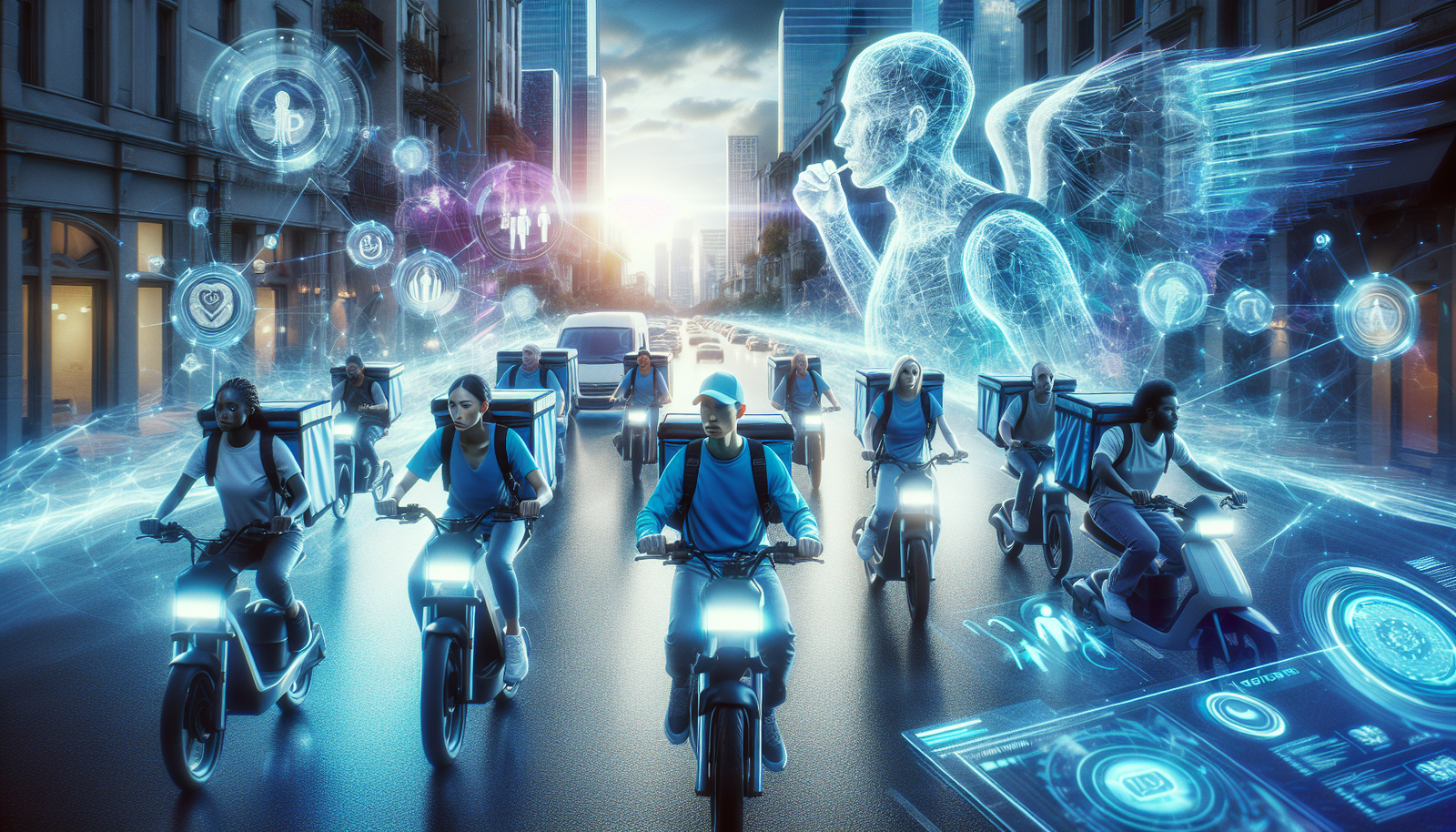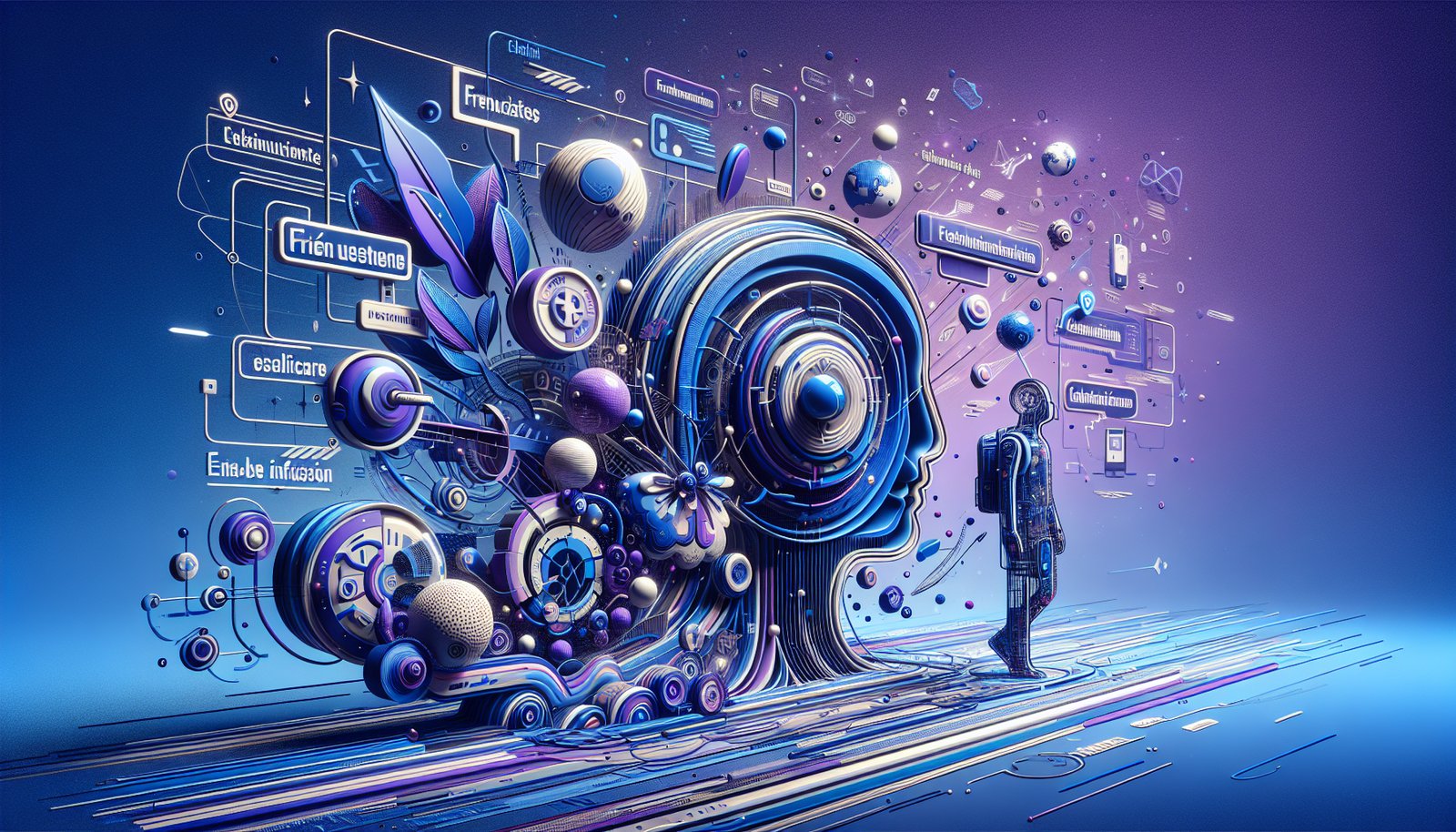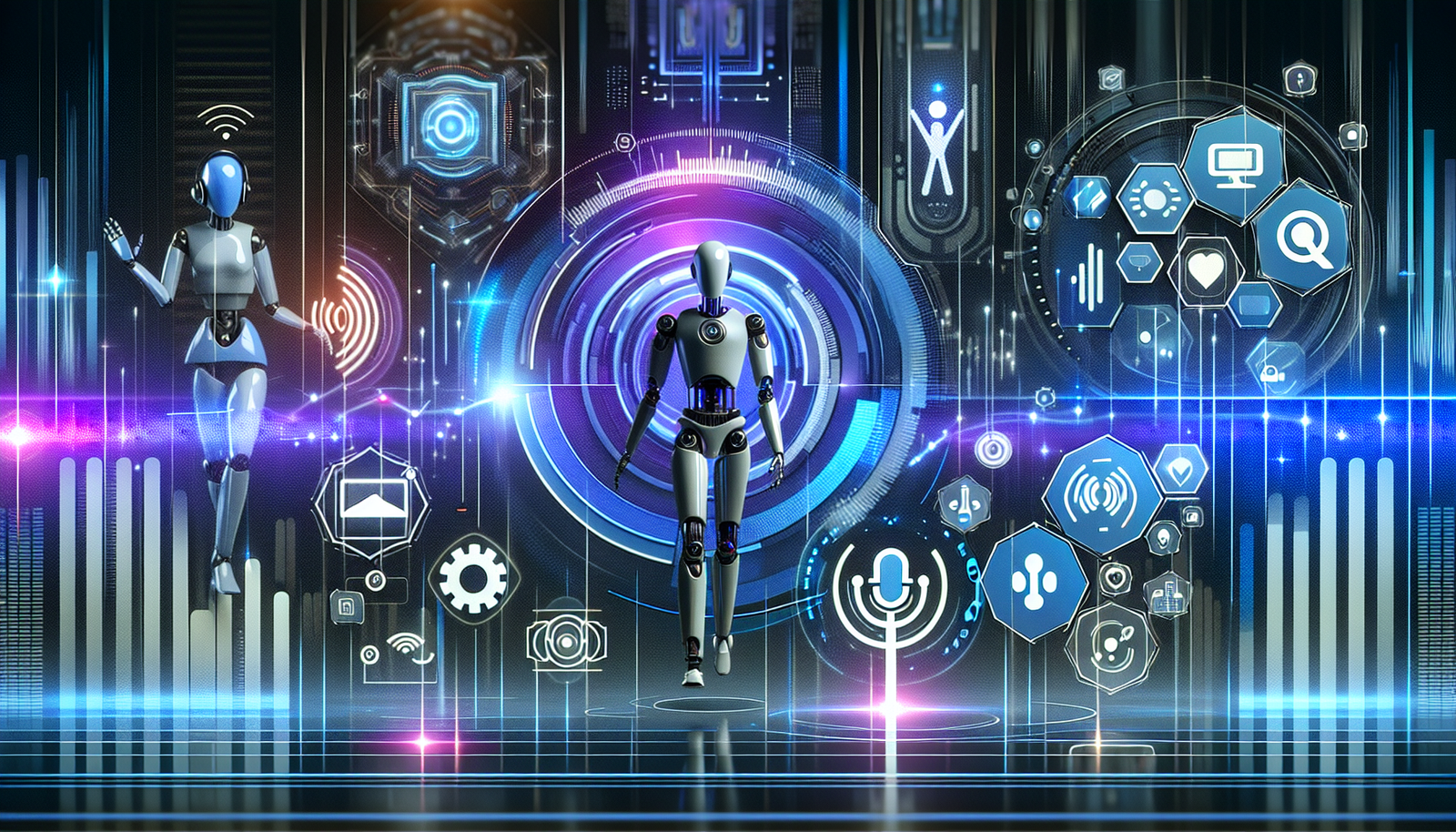Uber Eats and Deliveroo delivery workers are suffering silently. This booming sector exposes these workers to unprecedented precarity, exacerbated by degrading working conditions. The physical and mental health of delivery workers is compromised. Algorithms and the constant pressure from digital platforms impose a frantic pace, causing fatigue, stress, and risk of accidents. AI, far from being a solution, proves to be an aggravating factor. In a context where the pursuit of profit is paramount, it becomes urgent to question the repercussions of this technological evolution on couriers.
Harmful working conditions
Delivery workers working for platforms such as Uber Eats and Deliveroo face precarious working conditions. Their daily tasks expose them to a significant number of risks, both physical and mental. The Anses has recently alerted to the seriousness of the situation, mentioning issues such as the constant pressure to meet tight deadlines. This type of management directly impacts the health of delivery workers.
Physical and psychological risks
Road accidents represent an ever-present danger for these workers. A study revealed that many delivery workers suffer injuries due to collisions with other vehicles or pedestrians. Furthermore, the risk of physical exhaustion is exacerbated by prolonged journeys undertaken in sometimes dangerous conditions. The lack of adequate breaks amplifies the risk of accidents.
Algorithmic pressure
Delivery platforms rely on complex algorithms to manage deliveries and compensation. This management system, based on artificial intelligence, drives workers to chain deliveries without taking breaks, thereby increasing their stress levels. AI management does not take into account individual well-being or human limits.
Alarming health consequences
The results of a survey by Anses highlight a concerning dysfunction: many delivery workers suffer from various health problems, including musculoskeletal disorders related to physical exertion and prolonged working hours. Moreover, stress and mental fatigue syndromes impact their overall health. A work mode that encourages excessive productivity thus condenses the emergence of serious pathologies.
Call for regulation
In the face of this situation, the urgent need for appropriate regulation is emerging. Unions are calling for measures to protect workers in this rapidly expanding sector. The absence of traditional labor rights increases feelings of isolation and precarity, and the need for a more humane and secure approach is becoming pressing.
The voice of delivery workers
Many delivery workers are now vocally engaged in the fight for better working conditions. They wish to raise public awareness about the dangers that their profession entails on a daily basis. Their testimony on social networks, such as TikTok, highlights the fierce struggle for equitable rights, including the recognition of their status as workers.
Societal conclusion
The issue of working conditions for Uber Eats and Deliveroo delivery workers goes beyond the individual framework. It raises important questions about how society values and protects precarious workers. It is essential to rethink business models that prioritize performance over workers’ health. The repercussions of such practices extend beyond the economic sphere and call into question the collective conscience.
Questions and answers on health risks for Uber Eats and Deliveroo delivery workers
What are the main health risks for Uber Eats and Deliveroo delivery workers?
Delivery workers are exposed to several risks, including road accidents, musculoskeletal disorders due to repeated physical efforts, and mental health issues related to pressure and isolation.
How does AI management affect the health of delivery workers?
The AI used to manage deliveries creates significant pressure on delivery workers to accomplish more deliveries in less time, which can lead to increased stress and accumulated fatigue.
What are the long-term effects on the health of delivery workers working for these platforms?
Long-term effects may include chronic pain, anxiety disorders, sleep problems, and an accumulation of injuries due to heavy loads or frequent falls.
Are there recommendations to improve the health of delivery workers working for Uber Eats and Deliveroo?
It is advisable to establish regular breaks, adopt safe driving practices, and use ergonomic equipment to minimize the risk of injuries.
How could platforms be held accountable for the working conditions of delivery workers?
Laws and regulations could be implemented to ensure that platforms take appropriate measures to protect the health of delivery workers, including mandatory breaks and fair compensation.
Do delivery worker associations have a way to alert about these health risks?
Yes, several unions and collectives of delivery workers are starting to make their voices heard by denouncing inadequate working conditions and calling for significant improvements.






